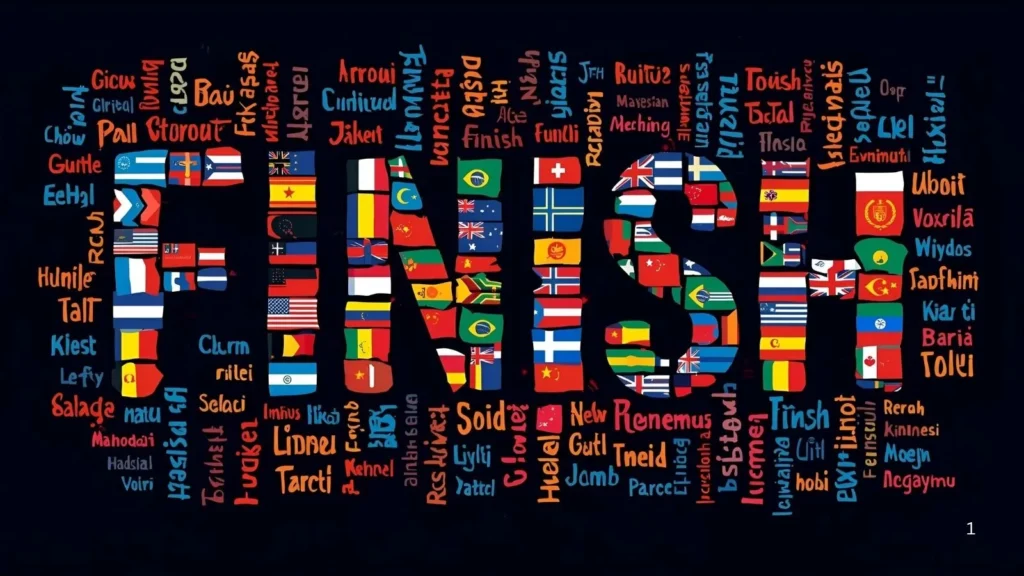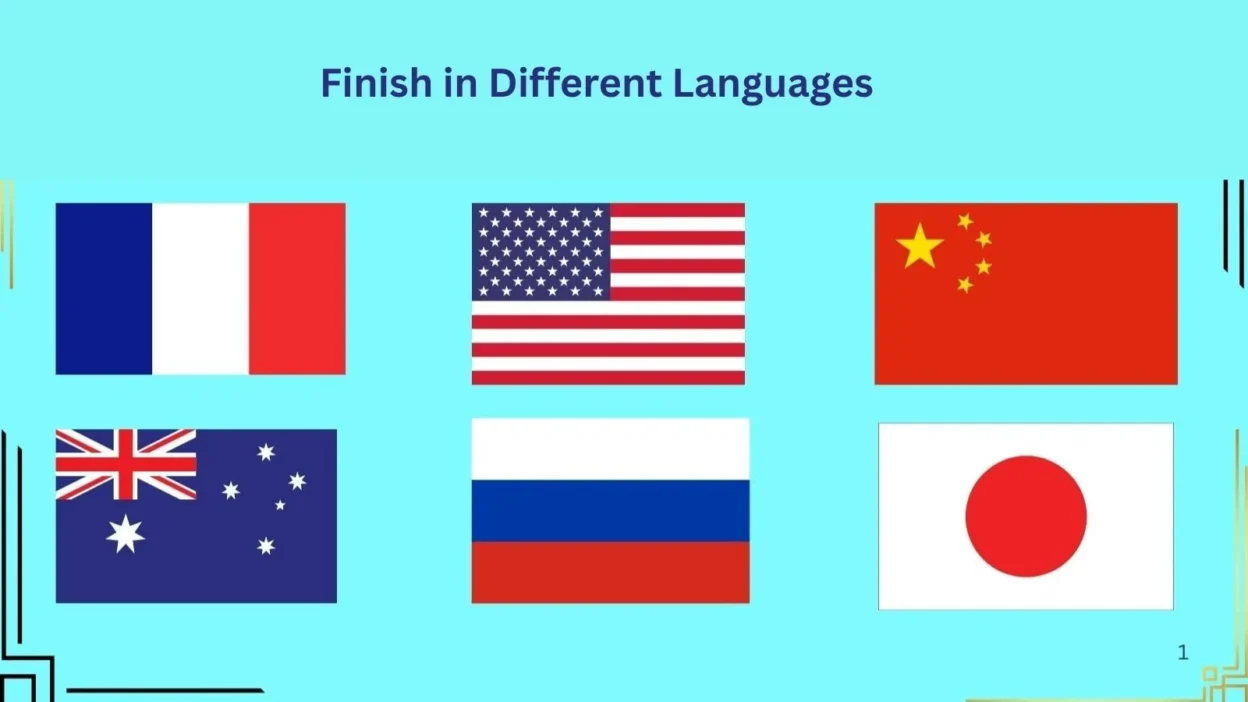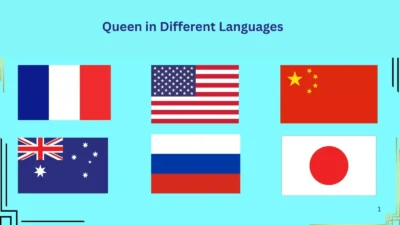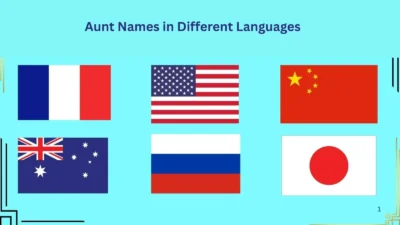The word “finish” is one of the most commonly used action verbs in everyday conversations—whether in personal life, education, work, or travel. If you’re reading this, you might be:
- Learning a new language and trying to master key verbs.
- Looking to communicate clearly while traveling or working internationally.
- Creating multilingual content (subtitles, scripts, dialogues, etc.).
- Trying to understand cultural variations in expressions of completion.
This blog will help you understand how to say and use the word “finish” in different languages, along with examples and context.
By the end, you’ll be able to confidently say “finish” in various languages and use it in conversation, business, travel, or education.
What Does “Finish” Mean?

The word “finish” is a verb that typically means:
- To complete something
- To bring something to an end
- To reach the final part of a task or process
Example in English:
- “I will finish my homework soon.”
- “Let’s finish the meeting before noon.”
It can also be a noun (e.g., “the finish line”) or used in idioms (e.g., “a photo finish”).
Understanding how to express this in other languages makes you a better communicator across borders.
Finish in 25 Different Languages

| Language | Word for “Finish” (Verb form) | Pronunciation Guide |
| English | Finish | FIN-ish |
| Spanish | Terminar / Acabar | tehr-mee-NAR / ah-kah-BAR |
| French | Finir | fee-NEER |
| German | Beenden / Fertigstellen | beh-END-en / FEHR-tikh-shtel-en |
| Italian | Finire | fee-NEE-ray |
| Portuguese | Terminar / Acabar | tehr-mee-NAR / ah-kah-BAR |
| Russian | Закончить (zakonchit’) | zah-KON-chit’ |
| Chinese (Mandarin) | 完成 (wánchéng) | wan-chung |
| Japanese | 終える (oeru) / 終わる (owaru) | oh-eh-roo / oh-wah-roo |
| Korean | 끝내다 (kkeutnaeda) | kkut-neh-da |
| Hindi | समाप्त करना (samaapt karna) | sah-MAAPT kar-na |
| Arabic | ينهي (yunhi) | yun-hee |
| Turkish | Bitirmek | bee-teer-MEK |
| Dutch | Afmaken / Voltooien | AHF-mah-ken / vol-TOY-en |
| Polish | Skończyć | SKON-chitch |
| Greek | Τελειώνω (teleióno) | teh-lee-OH-no |
| Thai | เสร็จสิ้น (set sin) | set-sin |
| Bengali | শেষ করা (shesh kôra) | shesh kaw-rah |
| Urdu | مکمل کرنا (mukammal karna) | moo-KAM-mal kar-na |
| Vietnamese | Kết thúc / Hoàn thành | ket thook / hwan thanh |
| Malay | Selesai | suh-leh-sai |
| Indonesian | Menyelesaikan | men-ye-le-sai-kan |
| Filipino | Tapusin | tah-POO-sin |
| Hebrew | לסיים (lesayem) | leh-sah-YEM |
| Swahili | Kumaliza | koo-mah-LEE-zah |
Note: Many languages have multiple verbs for “finish” depending on formal vs. informal use or context (e.g., completing vs. stopping).
How to Use “Finish” in Sentences Across Languages
Here are examples of how “finish” can be used in common situations:
- 🇪🇸 Spanish: “Voy a terminar mi comida.” (I’m going to finish my food.)
- 🇫🇷 French: “Je vais finir ce livre.” (I’m going to finish this book.)
- 🇩🇪 German: “Ich muss meine Arbeit beenden.” (I need to finish my work.)
- 🇯🇵 Japanese: “宿題を終えました。” (I finished my homework.)
- 🇨🇳 Chinese: “我已经完成任务。” (I have already finished the task.)
- 🇮🇳 Hindi: “मैंने काम समाप्त कर लिया।” (I have finished the work.)
- 🇰🇷 Korean: “저는 숙제를 끝냈어요.” (I finished the homework.)
- 🇹🇷 Turkish: “Projeyi bitirdim.” (I finished the project.)
- 🇷🇺 Russian: “Я закончил читать книгу.” (I finished reading the book.)
- 🇵🇭 Filipino: “Natapos ko na ang report.” (I’ve finished the report.)
These sentences help you grasp both grammar and natural context in each language.
Why Learn “Finish” in Different Languages?
Understanding and using the word “finish” in multiple languages helps with:
- 🧳 Traveling: Asking when a train ride or meal will finish.
- 💼 Business: Saying you’ve finished a report or meeting.
- 📚 Studying: Talking about finishing assignments, exams, or reading.
- 🗣️ Communication: Expressing tasks and transitions in any culture.
- 🌐 Content Creation: Writing subtitles, translations, or instructions in multilingual formats.
Tips for Using “Finish” Correctly in Conversations
- Pay attention to verb conjugation (past, present, future).
- Be aware of formal vs. informal usage.
- Practice using it in real-life examples, like emails, messages, or dialogue.
Using “finish” correctly shows fluency, respect, and clarity.
Conclusion
The word “finish” may seem simple, but it holds powerful meaning across all cultures—it signals completion, progress, and achievement. Whether you’re learning a new language or just want to communicate better across borders, knowing how to say and use “finish” helps you sound natural, respectful, and clear.
This guide gives you not only the word in 25 languages but also how to use it confidently in real-world conversations.



